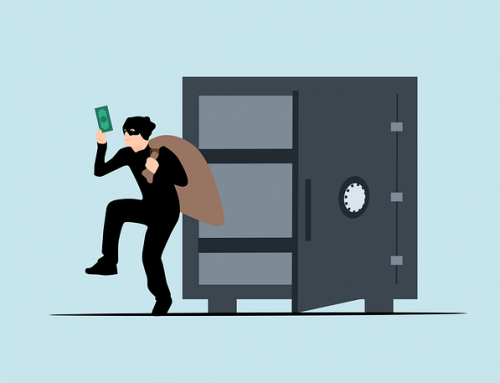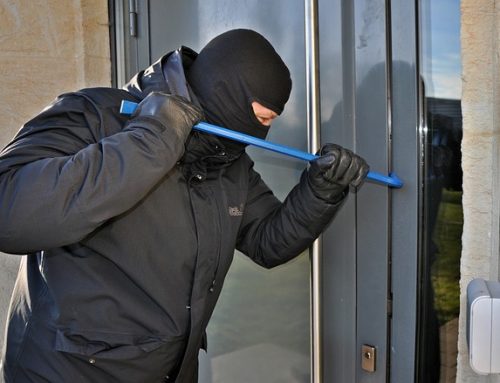Police recently arrested a man who is suspected of committing over 20 armed robberies in Los Angeles and Orange Counties. D. Samuel, 26, of Long Beach, was arrested and taken to the Sheriff’s Century Station where he was booked on suspicion of robbery. He is currently being held without bail.
According to police, Samuel is an active gang member with multiple felony convictions, including robbery, weapons, carjacking, and thefts. Authorities believe that the crime spree was committed by a single suspect and that it began early in October and ended November 19. Samuel was arrested on November 20.
Robbery is covered under California Penal Code 211 PC and is described as taking personal property from another person’s possession or immediate presence against the victim’s will, and using force or fear to do so. The crime is divided into two: first-degree robbery and second-degree robbery. First-degree robbery is charged when the victim
- is the driver of a bus, taxi, streetcar, cable car, etc.
- the robbery takes place in an inhabited dwelling
- just used an ATM and is in the vicinity of the ATM still
Second-degree robbery is charged in any other circumstance that fulfills the criteria for robbery but not for first-degree robbery.
The penalties for first-degree robbery include formal probation, 3, 4, or 6 years in California state prison, and/or a fine of up to $10,000. The penalties for second-degree robbery include formal probation, 2, 3, or 5 years in California state prison, and/or a fine of up to $10,000.
Since the suspect is a known gang member, it’s possible that he could receive a sentence enhancement if it’s proven that his crimes were to benefit his gang. Additionally, if the weapon used in any of the armed robberies was a firearm, it’s possible that the suspect will face a significantly harsher penalty with a much longer prison term. As it stands, he faces upwards of 100 years in prison if convicted on all charges.






